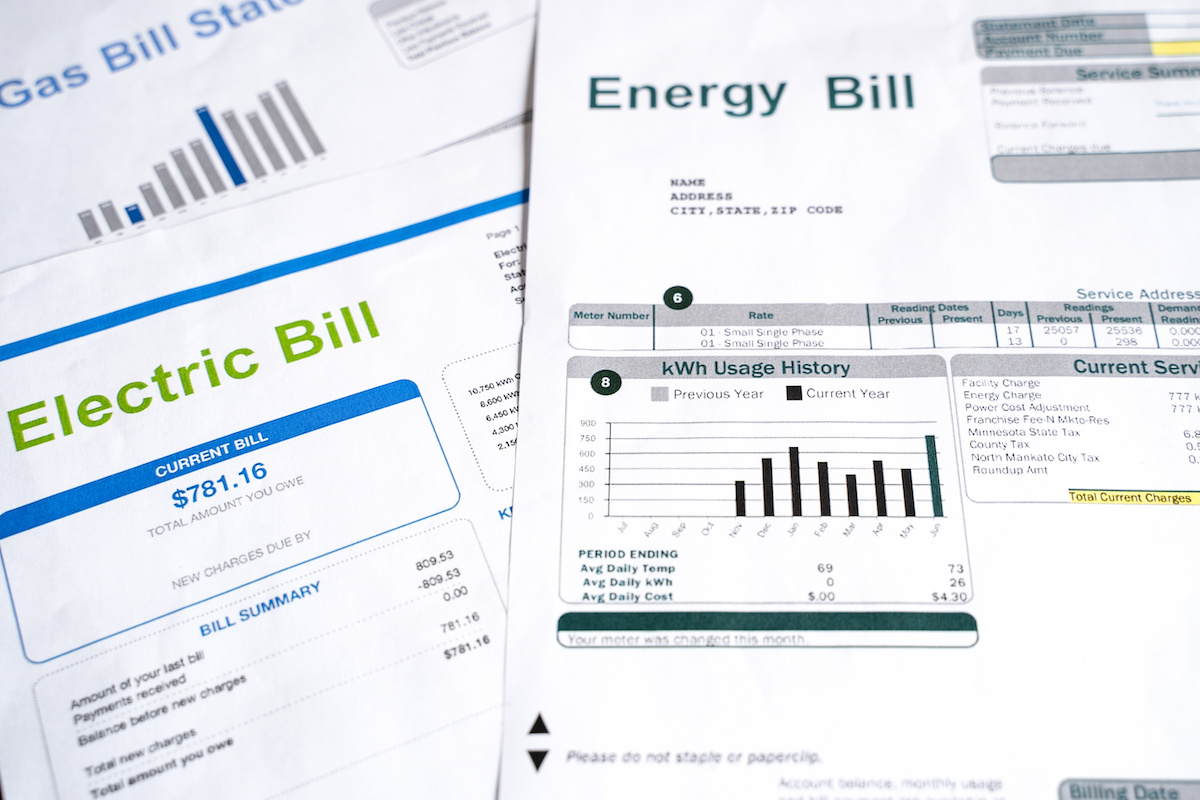In today's energy environment, choosing the right electricity supplier can have a major impact on the finances of a household or business. Contracts for the supply of electricity represent a fundamental tool for guaranteeing an adequate supply of electricity, defining the costs, the types of contracts available and the advantages offered. In this article, we will explore these aspects in a general way, without references to a specific country.
Estimated costs
The costs associated with electricity supply contracts can vary based on a number of factors. One of the main elements is the energy tariff, which indicates the price of electricity for consumption. This tariff can be fixed, where the price remains unchanged for a specific period, or variable, where it can fluctuate based on factors such as supply and demand on the energy market.
In addition to the energy tariff, other costs must also be considered, such as fixed or transport costs. These costs are associated with the distribution of electricity and the maintenance of the infrastructure necessary for its delivery. Typically, these costs are set by the relevant country's energy regulator.
Types of contract
There are different types of contracts for the supply of electricity, each with specific characteristics and advantages. The most common are:
- Fixed rate contract: In this type of contract, the price of electricity remains stable for a specified period. This allows for greater stability in energy costs, making financial planning easier.
- Variable rate contract: with this type of contract, the price of electricity can vary over time. Usually, the variations are linked to the trend of the energy market. This typology can offer the possibility of benefiting from any reductions in the price of electricity, but also carries a greater risk of increasing costs.
- Green energy contract: These contracts involve the purchase of electricity produced from renewable sources, such as solar or wind energy. By choosing this option, you support the transition to a more sustainable energy system and contribute to the reduction of the environmental impact.
Considerations in choosing an energy supplier

When choosing an electricity supplier, it is important to consider several aspects. Here are some considerations to consider:
- Prices and contractual conditions: comparing the rates offered by the different suppliers is essential to get the best value for money. Also checking the contractual conditions, such as the duration of the contract and the penalty clauses, is essential to avoid unpleasant surprises.
- Additional services: Some providers offer additional services, such as the ability to monitor energy consumption via app or energy saving advice. Evaluating these services can be advantageous for optimizing the use of electricity and reducing consumption.
- Reputation of the supplier: researching the reputation of the electricity supplier can provide information on the quality of the service offered, customer satisfaction and reliability in supply management.
Conclusions
Choosing an electricity supply contract is an important step in ensuring an adequate and affordable energy supply. By considering the expected costs, the types of contracts available and the benefits offered, you can make an informed choice. Remember to carefully evaluate the prices, contractual conditions, additional services and reputation of the energy supplier to find the solution that best suits your energy needs.
You may also like
Gas supply contracts: costs, types and choice of energy supplier
Gas supply contracts are essential to ensure a reliable and affordable energy supply. In the context of such contracts, it is important to consider the associated costs, the different types of contracts available and the benefits offered by the energy suppliers. In this article, we will explore these aspects in a general way, without references… Continua a leggere Gas supply contracts: costs, types and choice of energy supplier
Business Phone Subscriptions: Guide to Costs, Options and Benefits
Choosing a business phone subscription can be a complex task, with numerous factors such as costs, benefits, and options to consider. This article explores various business phone subscriptions, examining the best deals and geographic cost variations to help businesses make informed decisions.
Private Mobile Phone Subscriptions: Finding the Best Fit for Your Needs
Selecting a mobile phone subscription can be daunting with myriad plans and hidden costs. This article explores various phone plans for private use, comparing prices and highlighting key considerations to help you choose the best mobile service provider.
Green Energy and Charging Stations: Proposals and Costs
As the world shifts towards greener energy sources, the demand for electric vehicle (EV) charging stations is on the rise. This article examines the current landscape of EV charging infrastructure, comparing proposals, costs, and benefits. We delve into geographic cost variations and spotlight the most competitive charging station offers.
Analysis of Green Energy Through Photovoltaic Panels
As the world searches for sustainable solutions to combat climate change, solar energy emerges as a frontrunner. This article explores the various proposals, costs, and advantages associated with photovoltaic panels, providing a comprehensive guide to understanding and investing in solar power. It also delves into geographical cost variations and compares current market offerings for optimal decision-making.
